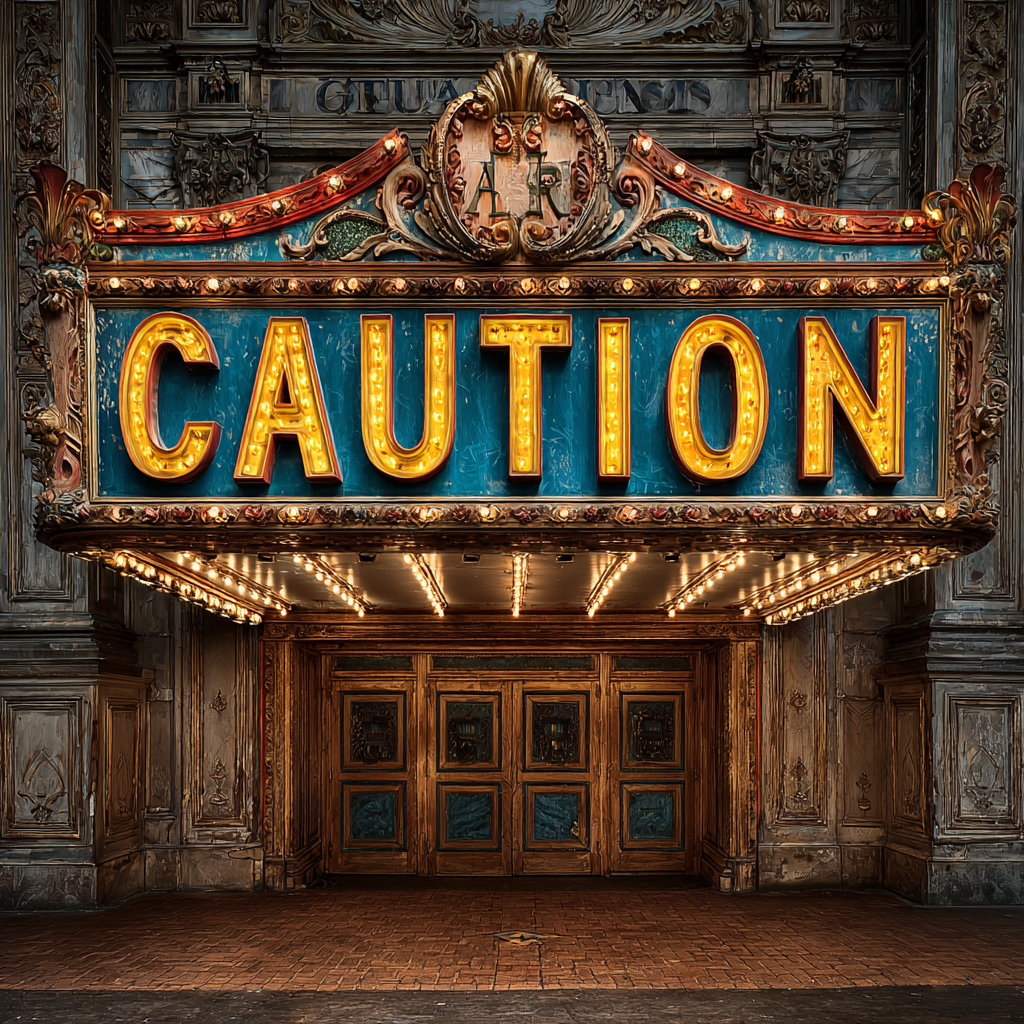For decades, the world of search engine optimization (SEO) was the domain of keywords, search volume, and technical precision. Success was measured by ranking for a specific term, and the playbook was simple: find the right keyword, build a page around it, and optimize it relentlessly.
SEO was everything creative agencies avoided at all costs – boring, technical and the least creative work imaginable. Today, however, as SEO is being rewritten entirely, in the rewriting, creative agencies may just have found their new revenue goldmine.
The Great Search Unraveling: The End of SEO As We knew It
AI is the catalyst of the seismic shift in SEO, known as “The Great Search Unraveling.” The shift going on right now is that organic search results which historically focused on keywords is receding into the background as AI search result rankings rise fast in importance to brands. From a business perspective, coming up in AI results is win because AI results show only a few answers – not the list of many URLs that traditional SEO provides.
This explains why clients are investing heavily and fast in AI search. More important, if an agency delivers, clients reward these agencies with high retention rates.
A Window of Opportunity for Creative Agencies
This is all well and good but how does this represent an opportunity for creative agencies, you may ask?
Simply, AI search is about delivering topic resources – a multi- layered set of topics designed to guide a user through an inquiry.
By contrast, traditional SEO shops are designed to deliver a page at a time driven by one keyword at a time. This is a mismatch for this new terrain of AI search rankings for a few reasons.
First, SEO agencies focus on technical SEO and HTML tagging. This isn’t operative in the same way in AI search outcomes. The traditional agencies practices are excellent at showing search volume, keyword difficulty, and related phrases but they don’t perform well at getting into AI search.
Second, SEO firms are trapped by years of old process, practices, and data. To get in the AI game, they have to re-engineer their entire business. This is expensive, time consuming and exhausting.
Third, and most important, what AI search rewards to earn a place in an AI search result is entirely different than what SEO rewards to rank high in organic search results.
Let’s take a real-world use case to understand why SEO agencies cannot do what creative agencies are primed to do. Take the example of a user who searched for: “fix a leaky faucet.”
In a keyword centric SEO paradigm, this query is translated into a keyword data layer which is then tagged to certain pages on the site that may have these keywords; “fix” and “faucet.” This conventional SEO approach can misfire a few ways by showing content with “fix” but not “faucet,” or the reverse – show “faucet” but not “fix.” This framing leaves out many many other potential opportunities with interconnected questions a user has: “What kind of wrench do I need?”, “Is a PEX pipe compatible with a copper pipe?”, or “Why is my water pressure low after I fixed the leak?”
SEO firms might try to tackle this a keyword at a time but that is difficult, inefficient, and still leaves a lot of potential prospects out in the cold
Instead, in the AI search model, a creative approach is required to create a set of interconnected topics and resources that address the topic journey of users. The depth of resource content, like a step-by-step process, and what to do if the problem is more severe, is exactly what AI search is searching for (pun intended) because that is the type of content it wants to deliver to users.
Keyword centric SEO lacks context.
Context in AI search is about topic mapping to deliver a contextual landscape of resources that can attract many more people, more efficiently and with better outcomes. AI is geared toward providing an authoritative, holistic, and genuinely helpful content on a given subject. Creative agencies are masters at creating this type of content.
The Competitive Gap? Old SEO Tools Fall Short
A creative agency may think they can’t compete with traditional SEO firms. This is true if we are talking about conventional SEO.
However, SEO is not the game that brands value anymore. Showing up in AI search results is.
To build the kind of comprehensive resource that AI search demands, you need a different kind practice altogether. First, you need a new class of topic data, (like Topic Intelligence.ai,) that analyzes the entire universe of a topic, identifying all the related questions, subtopics, entities, and narratives. It provides a blueprint for building a complete, authoritative, and truly valuable list of resource topics.
Next, a creative agency has the skill to build the resources (ie – content and interactive tools) that will satisfy both the user’s need for information and the AI’s demand for comprehensive content. This is the new fuel for AI search visibility, and it’s something that creative agencies are uniquely talented to create.
SEO agencies are like a two-wheeled bicycle in the age of motorcycles.
Sure, you can put a motor on a bicycle but it just won’t work as well as a motorcycle because it was not built as a motorcycle.
At best, it can only go a little faster but it is no match for the speeds that a motorcycle can achieve.

Why Creative Agencies Will Be the New SEO Champions
The transition from a keyword-driven SEO landscape to a topic-driven one shifts the value proposition from technical tricks to creative excellence. This is where creative agencies have a distinct and possibly insurmountable advantage over traditional SEO firms.
1. They Are Master Storytellers
A creative agency’s job is to craft a compelling narrative. They understand how to take a complex idea and turn it into an engaging story that connects with an audience. This skill is precisely what is needed to create a comprehensive resource topic. It’s not about just listing facts; it’s about weaving together related concepts into a cohesive, easy-to-digest narrative. Creative agencies are trained to see the whole picture—from the emotional needs of the audience to the logical flow of information—and this is a perfect match for the new, holistic search paradigm. Keyword platforms used by SEO agencies are not capable to enriching the creative process.
2. They Understand User Psychology and Intent
Keyword research tells you what people search for. Creative strategists understand why they are searching for it. They go beyond the query to understand the user’s motivation, their pain points, and what a successful outcome looks like for them. This deep understanding of user psychology is the foundation of great creative work and is the same principle that AI-powered search engines are now trying to emulate. Agencies can take the topic data and transform it into content that truly resonates because they’ve been doing it for years.
3. They Think in Terms of Integrated Experiences, Not Just Text
A comprehensive resource isn’t just a 2,000-word article. It’s an experience. It includes interactive elements, high-quality visuals, video content, and a thoughtful layout. Creative agencies live and breathe integrated campaigns. They are uniquely positioned to take a topic and design a rich, multi-media experience around it that will keep a user engaged and fully informed. This level of quality and comprehensiveness is exactly what AI search engines will reward with increased visibility.
The Future of Search is Creative
The era of technical SEO as a standalone discipline is fading. In its place is a new landscape where success is not found by optimizing for an algorithm but by creating the most genuinely valuable, comprehensive content possible. The AI is simply a mirror, reflecting a user’s need for better answers.
For creative agencies, this is a moment of profound opportunity. Armed with the right data (not keywords,) creative agencies can leverage their core competencies in storytelling, user psychology, and integrated media formats to build authoritative resources that will dominate the new AI-powered search results.
Creative agencies are no longer just the people who make content look good; they are the people who make content visible, relevant, and truly indispensable. The future of search is a creative one, and the agencies that embrace this truth will be the ones that thrive.





